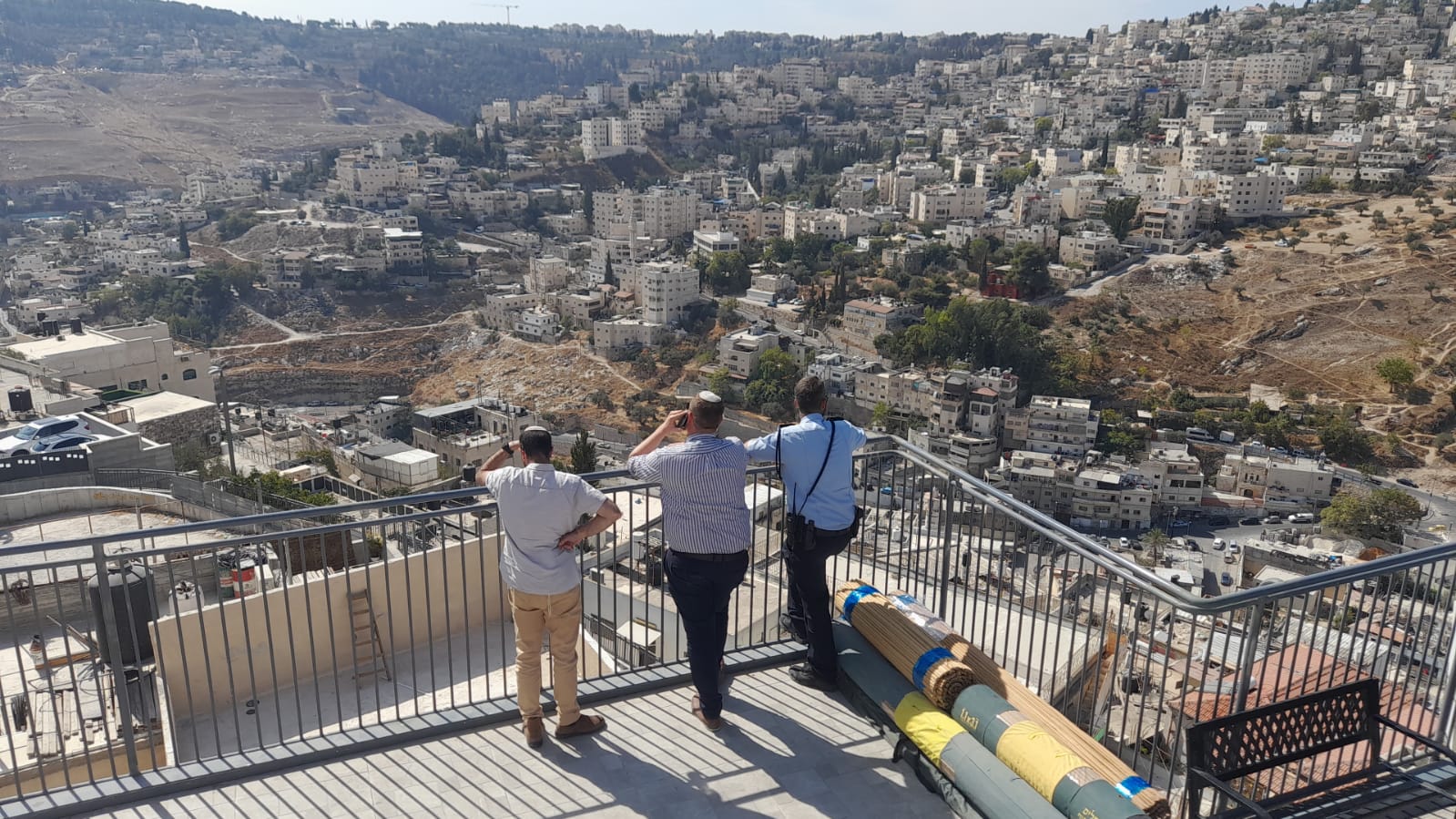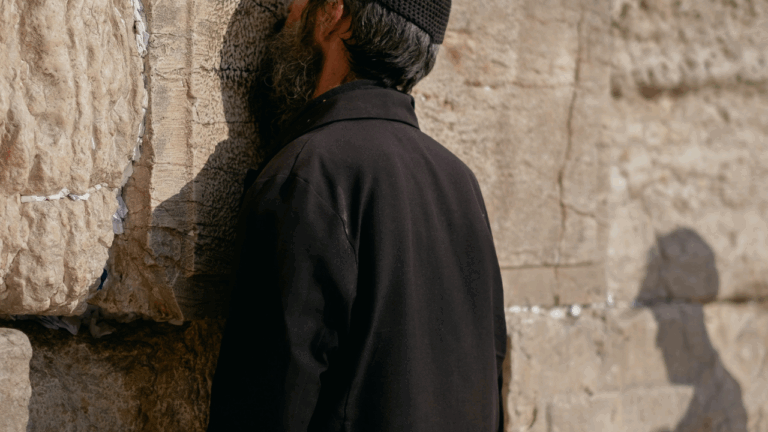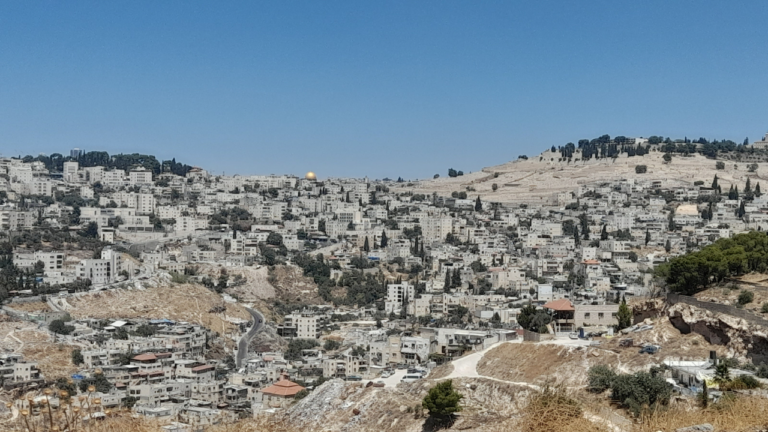From A Pastoral Garden to the Bustling Jerusalem
The story of humanity begins in a garden. The Garden of Eden is a pastoral setting, filled with rivers and beautiful flora and fauna. Prior to their sin, Adam and Chava were able to sense God’s presence through the natural world. It is only after they sinned that they were banished from this pristine natural/spiritual setting.
By contrast, cities do not have an admirable introduction in the Torah. Kayin, the world’s first murderer, is also the first builder of a city. Later, in parshat Noach, we read about Nimrod, the evil king of ancient Babylonia, as building the great city of Ninveh. Finally, the people who built the tower of Bavel all wanted to live together in one area, and they are also considered sinners. Even as the Torah does not refer to city-building as a sin, nonetheless, those that build the cities in the beginning of Bereishit are not the most righteous cast of characters.
At first glance, the seeming preference of a garden over a city is understandable. The natural world was directly created by God and therefore it is easier to sense His presence in natural settings. Cities, though, are the handiwork of humans and are endeavors that can easily slide into human arrogance. Therefore, it makes sense that cities are associated with sin while gardens with spirituality.
Interestingly, though, God does not say that in the end of times His presence will return to a garden. Rather, the ultimate destination of the Shechina is the thriving metropolis of Yerushalayim. The prophets describe the future Yerushalayim as a large city, brimming with housing and people. But are we not supposed to be returning to the ideal of the garden? Why does God’s home transfer from a garden to a city?
Perhaps this teaches us a fundamental theme of the Torah: humans and their activities are redeemable. At the beginning of history, cities are associated with sins and sinners. But this does not doom cities as unholy places. Rather, part of the point of the Torah is to encourage us to continue to build cities but to give us the tools to do it in a way that sanctifies God’s name. The Torah does not shun human initiative and expect us to live in forests and gardens. Rather, as Rav Soloveitchik highlighted, the Torah wants us to build and advance, as long as our handiwork is ultimately attributed to God and is done for His sake.
Therefore, Yerushalayim, and not a garden is the ultimate dwelling place of the Shechina. This city, built by man but chosen by God, represents the fact that the Torah sees human activity in a hopeful and redeemable light. God can rest in our handiwork.



